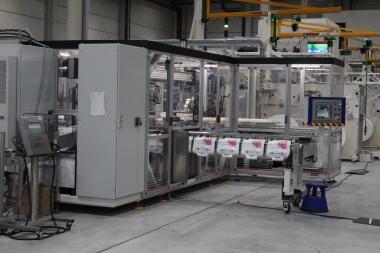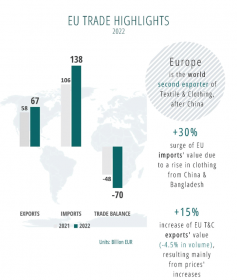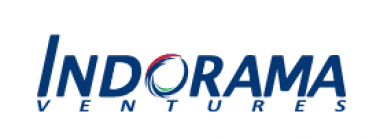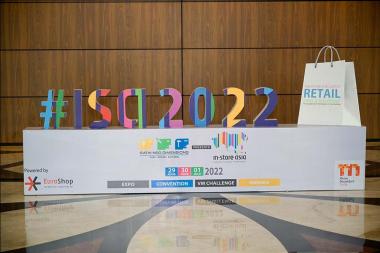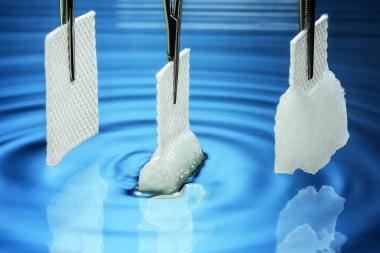adidas x Bogey Boys Collection reimagines Classic Golf Style
adidas and Bogey Boys are introducing the adidas x Bogey Boys collection featuring crisp designs and high-quality performance materials that combine vintage styles from golf and tennis with a modern feel, all for easy on- and off-course wear. The limited-edition capsule featuring apparel and footwear for men and women will be available at select locations beginning Wednesday, June 14.
The adidas x Bogey Boys capsule introduces classic, clean, and sporty designs that give golfers the chance to express their style. In refined white, altered blue and collegiate green colorways, pieces from the collection include:
- Two four-button placket polos with a higher collar stand
- A striped silhouette as well as a solid pique option with piping at cuffs and chest pocket
- Terry cloth track suit (jacket and pants) with white 3-Stripes detailing and adidas x Bogey Boys branding
- V-neck sweater vest in collegiate green with checkered white and green contrasting across the shoulders and small contrast lines running through rib hem and armholes
- Straight-leg trouser made with adidas’ WARPKNIT material featuring pintuck detail down front and back legs along with piping around pockets for a crisp finish
- Terry cloth romper with zip-front pockets, elastic waistband with pin buckle, back-right welt pocket and contrast white binding at armhole and leg opening
- High-waisted skirt that features a side-zip opening, front and back seams with kick pleats, triangle pocket inserts with piping detail, and zipper pocket back-center and adidas’ WARPKNIT material
- Playful graphic tee that includes a 'Welcome to the Clubhouse' message on the back featuring characters dressed in pieces of the collection sketched by Macklemore and the adidas team.
There will be a handful of accessories to complement the range including a five-panel rope hat, leather golf glove, and leather travel bag featuring croc texture with metal feet and hardware.
adidas AG












